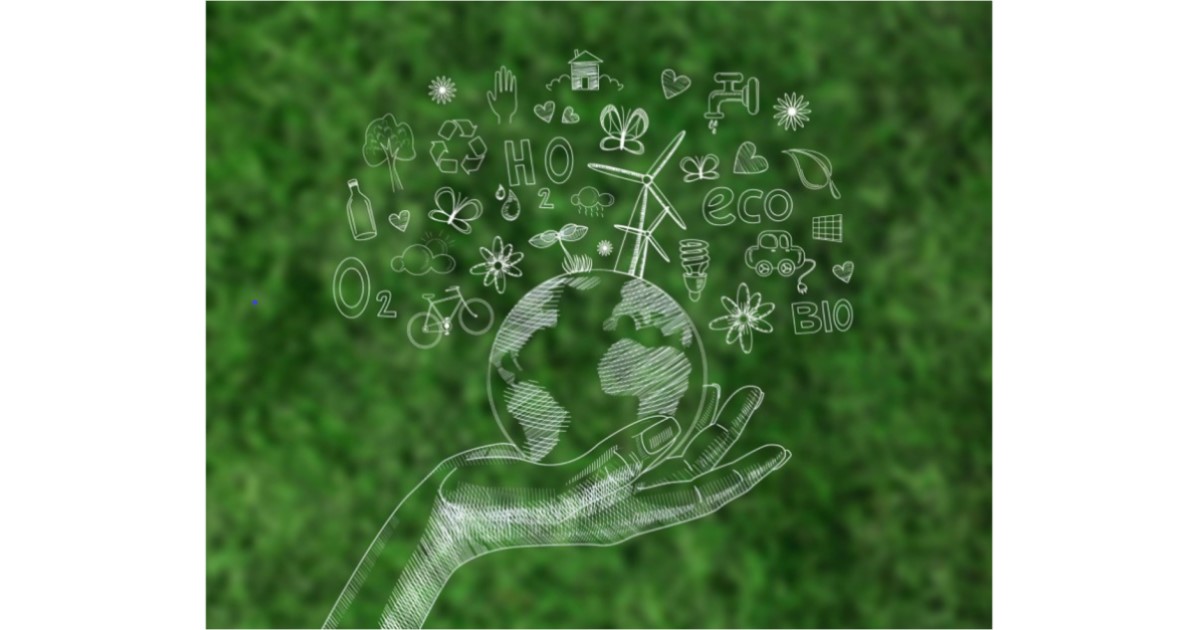Sustainable Logistics and Supply Chain Management in the Post-COVID-19 Era: Future Challenges and Challenging Futures
A special issue of Sustainability (ISSN 2071-1050). This special issue belongs to the section "Sustainable Management".
Deadline for manuscript submissions: closed (31 August 2024) | Viewed by 59471

Special Issue Editors
Interests: modelling and simulation; digital twin in industry; computational fluid dynamics; food engineering; industrial engineering; logistics and supply chain management
Special Issues, Collections and Topics in MDPI journals
Interests: logistics and supply chain management; analysis and optimization of supply chains; sustainable supply chain; supply chain agility; supply chain performance; RFID technology for logistics and supply chain dynamics; food processing plants; safety/security of industrial plants; Industry 4.0 in logistics
Special Issues, Collections and Topics in MDPI journals
Interests: industrial plants design and management; Industry 4.0; project management
Special Issues, Collections and Topics in MDPI journals
Special Issue Information
Dear Colleagues,
We would like to draw your attention to the Special Issue of Sustainability (MDPI), jointly proposed by Federico SOLARI, Giovanni ROMAGNOLI, and Eleonora BOTTANI.
This Special Issue explores the new challenges and emerging trends in logistics and supply chain management as a response to new requirements imposed by both the pandemic and the more recent international energy crisis.
The recent pandemic, with the subsequent restrictions that governments have imposed on citizens, has radically changed consumer behaviour, resulting in an increase in consumption and demand variability, which consequently reflects a higher variability for logistics and production. In addition, the energy crisis that has affected Europe in recent months, partly due to the new international equilibrium that is emerging as a result of the war between Russia and Ukraine, as well as the growing attention that citizens, companies, and governments have directed towards climate change, are also deeply affecting the market, resulting in a trend towards a progressive "deglobalization". Some other trends are emerging on a global level, such as new sourcing strategies, an increase in online purchasing and home delivery services, greater digital awareness, and a greater need for digitisation in different areas, ranging from services to logistics and manufacturing. Thus, it is evident how logistics and supply chain management have faced, and are still facing, significant disruptions, as they must adapt to this new context and manage increasing complexities.
This Special Issue aims to provide a forum for scientific contributions and a discussion of these issues, in line with the scope of Sustainability of promoting scientific contributions related to sustainability and sustainable development. In this Special Issue, original research articles and reviews are welcome. Research areas may include (but not limited to) the following areas:
- The application of R-frameworks (from the 3R: Reduce, Reuse, Recycle, to the 9R framework) in supply chain and logistics (SC&L);
- The application of artificial intelligence and Big Data in SC&L;
- Carbon footprint reduction in logistics;
- Circular economy and triple bottom line (profit, people, and planet);
- Closed-loop supply chain (SC);
- Digitisation and automation for greener SC&L;
- Emerging technologies for more sustainable SCs;
- Enabling technologies for greener SCs;
- Post-COVID-19 consumers behaviours;
- Post-COVID-19 strategies;
- SC&L simulation;
- SC&L 4.0 and 5.0;
- Sustainable logistics;
- Sustainable SC.
We warmly encourage submissions in the aforementioned topics, and we refer you to the Call for Papers for more details.
Prof. Dr. Federico Solari
Prof. Dr. Eleonora Bottani
Prof. Dr. Giovanni Romagnoli
Guest Editors
Manuscript Submission Information
Manuscripts should be submitted online at www.mdpi.com by registering and logging in to this website. Once you are registered, click here to go to the submission form. Manuscripts can be submitted until the deadline. All submissions that pass pre-check are peer-reviewed. Accepted papers will be published continuously in the journal (as soon as accepted) and will be listed together on the special issue website. Research articles, review articles as well as short communications are invited. For planned papers, a title and short abstract (about 250 words) can be sent to the Editorial Office for assessment.
Submitted manuscripts should not have been published previously, nor be under consideration for publication elsewhere (except conference proceedings papers). All manuscripts are thoroughly refereed through a single-blind peer-review process. A guide for authors and other relevant information for submission of manuscripts is available on the Instructions for Authors page. Sustainability is an international peer-reviewed open access semimonthly journal published by MDPI.
Please visit the Instructions for Authors page before submitting a manuscript. The Article Processing Charge (APC) for publication in this open access journal is 2400 CHF (Swiss Francs). Submitted papers should be well formatted and use good English. Authors may use MDPI's English editing service prior to publication or during author revisions.
Keywords
- supply chain
- logistics
- sustainability
- circular economy
- closed-loop SC
- digitisation
- green SC
- post-COVID-19 strategies
- enabling technologies
- I4.0 and I5.0
Benefits of Publishing in a Special Issue
- Ease of navigation: Grouping papers by topic helps scholars navigate broad scope journals more efficiently.
- Greater discoverability: Special Issues support the reach and impact of scientific research. Articles in Special Issues are more discoverable and cited more frequently.
- Expansion of research network: Special Issues facilitate connections among authors, fostering scientific collaborations.
- External promotion: Articles in Special Issues are often promoted through the journal's social media, increasing their visibility.
- Reprint: MDPI Books provides the opportunity to republish successful Special Issues in book format, both online and in print.
Further information on MDPI's Special Issue policies can be found here.







